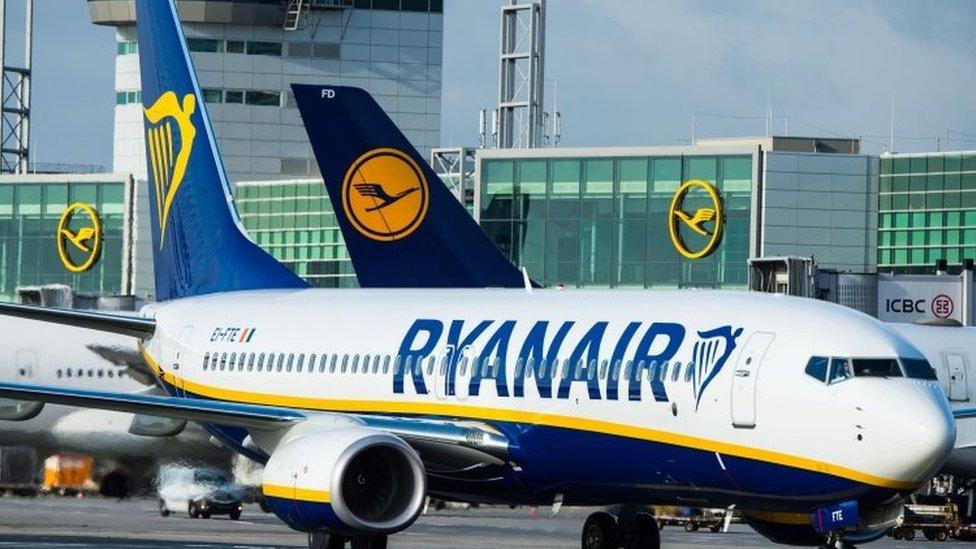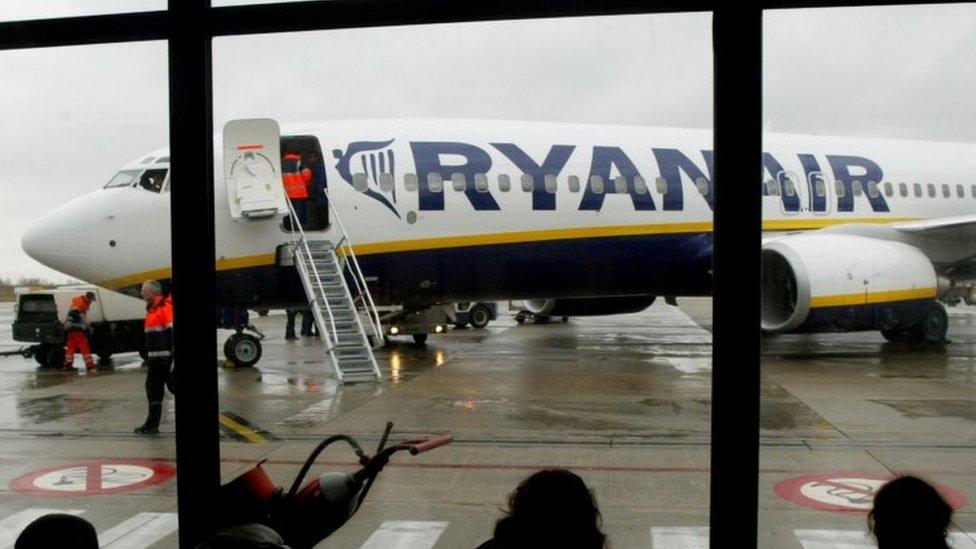Staff rotas face tech revolution
- Published

Staff holiday scheduling headaches can be aided by technology
Getting the right workers when you need them. Sounds simple.
Staff rotas are often the stuff of nightmares, especially if they're based on shifts at all hours of the day and night.
Our rota manager here in the BBC's Business Unit deserves a medal.
She's already started the dreaded Christmas rota. All her TV presenters want the whole week off, but there's hours of output to fill.
Her spreadsheets are vast and multicoloured.
She's often the first to know about births, deaths and marriages, along with all our little foibles.
Like many workplaces, it's a mundane but mission-critical task.
Here's a few examples of how it can go wrong:
A major professional services firm that managed staff holidays with paper leave cards somehow managed to send the files to be shredded, with no record of any staff leave
A health sector company that used whiteboards for recording holidays and rotas, which were wiped over a weekend by new cleaners
A business where four out of five directors all booked their summer holidays at the same time and told each other verbally. Unfortunately it wasn't recorded anywhere, and it had a major impact on the management of client projects and decision making.
Cloud rotas
"For any business to run smoothly, as this situation with Ryanair shows, holiday planning is absolutely critical," says Adrian Lewis, director of Activ Absence, a cloud-based software provider for staff holiday planning and absence management.
"With modern cloud technology today available cost effectively, there is no reason at all that any company should have problems managing annual leave."
He's not the only company offering software solutions for staff rotas.
For Planday, a Danish software provider, the UK is currently its fastest-growing market.
"We reckon 80% of businesses in the UK are still relying on old-fashioned tools, especially small and medium-sized [companies]," Planday's chief executive Christian Brondum told the BBC.
Many blue-collar workers do shift work and have at least two different jobs, but smaller businesses are still using pen and paper, or at the very least, spreadsheets, Mr Brondum explains.
"We've seen companies get into deep financial problems because they can't treat employees well," he says.
One of Planday's customers is the Truscott Arms pub in London.
The manager used to spend hours trying to figure out what staff he needed and how best to fill the gaps.
But now, by using an app, he can track in real time who is available for work, for the right shift at the right time.
Mobile apps
Separately, the UK's biggest retailer, Tesco, has also been using mobile apps to enable store managers to see which staff members have called in sick, and to see who is available for work if demand picks up.
Tesco is using app-based software in 200 of its stores, which means managers can simply scan a tablet to see which employees are on shift at any one time.
Tesco says it is not only more efficient, but also means workers can try to have schedules that suit their lifestyles.
According to one professor of organisational psychology, it's all about getting the balance right.
"Rotas look easy, but they're complicated things. Communicating online can depersonalise the process," says Prof Cary Cooper from Manchester Business School.
"It's all about the nature of the relationship between management and the employees."
Ryanair's problems, he says, are shocking: "If you have the right culture in the workplace and your employee feels valued, then usually people are prepared to give up holiday time to help their company out of a problem. "
Well, Ryanair's got plenty of those now.
- Published17 September 2017

- Published18 September 2017
